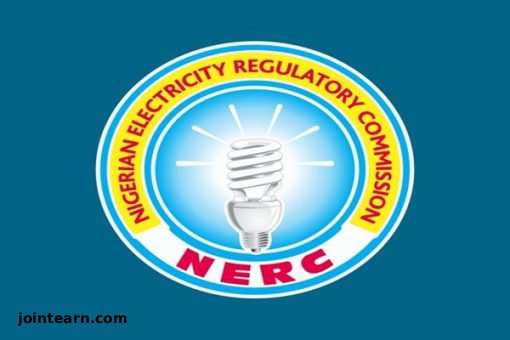
The Nigerian Electricity Regulatory Commission (NERC) has called on the Federal Government to allocate a substantial portion of the $2 billion available to the Rural Electrification Agency (REA) toward addressing power supply challenges in the country’s industrial hubs.
Dr. Musiliu Oseni, Vice Chairman of NERC, made the recommendation during the commission’s 20th anniversary event in Abuja, themed “Strengthening Power Sector Governance for a Sustainable Future.”
“The government should deliberately make policy to power industry for economic prosperity. Mini-grids of the REA can provide energy access, but they cannot energize the economy to prosperity,” Oseni said.
“There is a need for a policy rethink on the utilisation of the USD2bn currently available to the REA. A substantial portion of the fund should be dedicated to providing end-to-end solutions to the power supply challenges facing our industrial hubs.”
Oseni highlighted NERC’s role in overseeing the privatisation and unbundling of the previously state-owned electricity monopoly and noted that regulatory interventions have led to significant improvements in electricity services for over 30 per cent of consumers compared to 20 years ago.
“Through effective regulation, the Commission has saved the Federal Government several trillion naira in subsidies, contributing to an improved fiscal position,” he added.
He stressed that Nigerian Electricity Supply Industry (NESI) transmission networks require significant investments, but fiscal realities indicate that government funding alone is insufficient.
“A robust regulatory framework will attract private investments. We have begun establishing the Transmission Infrastructure Fund (TIF), which will require policymakers’ support,” Oseni said.
The Vice Chairman also emphasized NERC’s commitment to strengthening subnational regulatory capacity under the Electricity Act of 2023, including support for bilateral trading transitions and capacity development for state regulatory commissions.
He reported that 15 states have received transfer orders from the Commission, with 11 crossing the six-month transitional period, though only eight are fully operational. Edo, Ogun, and Oyo States remain in a regulatory vacuum.
Oseni concluded that strategic investment of REA funds in industrial electrification will not only enhance energy access but also drive economic growth and industrial development across Nigeria.


Leave a Reply